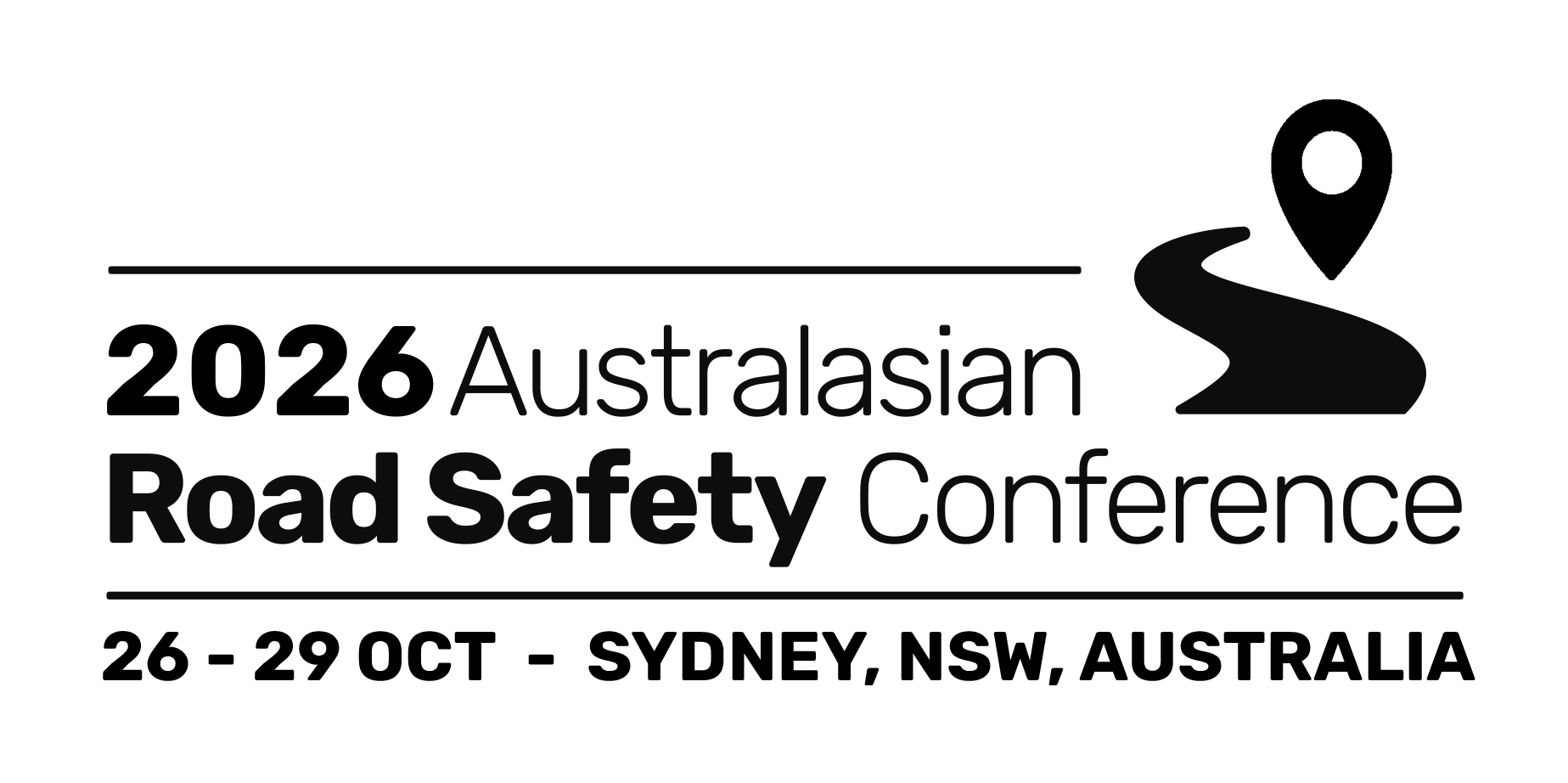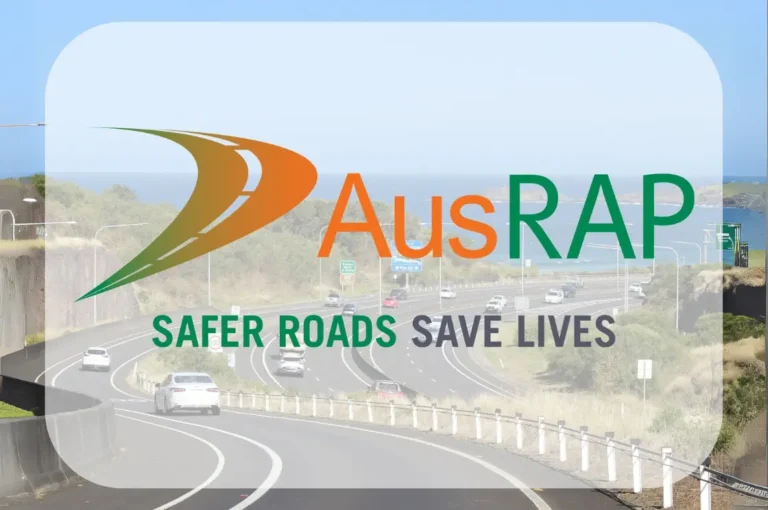This workshop is for those who want to know more about the Australian Road Assessment Program (AusRAP) and what we are doing to help make Australian roads safer.
The workshop is an open meeting of the AusRAP Community of Practice, the Austroads coordinated national working group whose members are the senior AusRAP leaders from each jurisdiction.
The workshop is open to ARSC delegates, with input from attendees to be taken into consideration for upcoming AusRAP activities and future development of the AusRAP program of work.
The workshop will cover three main subject areas:
- Our 2025 Results: A detailed look at the 2025 results and case studies.
- Our Next Steps: Developing Crash History Maps (mapping 5 years of fatal and serious injury crash data).
- The Future of AusRAP: Planning ahead for AusRAP (2026 – 2030).
Our 2025 Results: In this part, the 2025 AusRAP results will be examined in detail, including analysis of the national results and those of each jurisdiction. The Case Studies published with the results will also be explained and key results discussed. AusRAP representatives from each jurisdiction will be on hand or on-line to respond to questions or comments about the results from delegates.
Our Next Steps: The next priority of AusRAP is the development and publication of Crash History maps. AusRAP have used 5 years of crash history data to identify the number of Fatal and Serious Injury (FSI) Crashes that have occurred on any assessed road. Crash History can be demonstrated using the Crash Density (annual number of FSI crashes per kilometre of road) and the Crash Rate (annual number of FSI crashes per 100 million vehicle kilometres of travel on that road). Crash Density and Crash Rate can be mapped using bands (such as none, very low, low, average, high and very high). AusRAP members intend to map Crash History results for the 2026 results update and to publish these maps alongside the star rating maps. This part of the workshop will identify how AusRAP will choose to map FSI crash history (e.g. should there be a single crash history banding or should there be different banding thresholds for urban vs rural roads, for high speed (≥ 80 km/h) vs lower speed roads etc.) and to consider the requirements for a research program to set the banding thresholds for the chosen crash history categories. (Note: iRAP refer to Crash History as Crash Risk, Crash Density as Collective Risk and Crash Rate as Individual Risk. AusRAP consider road safety star ratings demonstrate the estimated safety risk for a road and actual crashes that have occurred are best described as crash history)
The Future of AusRAP: Current published star rating results are for vehicle occupant safety. The AusRAP Community of Practice intends to expand the results to include star rating maps for vulnerable road user groups (motorcycles, bicycles and pedestrians). This part of the workshop will discuss the longer-term program of work for AusRAP and how jurisdictions might achieve these ambitious objectives between 2026 and 2030.
| Time | Item | Presenter |
| 12:30pm | Welcome, Acknowledgement of Country, Introductions | Keith Simmons |
| 12:35pm | Session 1 – AusRAP 2025 Results – What the dashboard contains (a guided tour) – What the National Results Summary tells us – Supporting Story – Maps (Focus on 80% of travel, User Instructions and AusRAP Methodology) – Case Studies – Summary (where we are now and where we want to go next) – Questions | Keith Simmons and Alan Rushworth |
| 1:15pm | Session 2 – Panel member introductions | Keith Simmons |
| 1:20pm | Session 2 – Expert Panel – AusRAP Work Program 2026-30 Our expert panel will discuss how we might deliver: – Crash History Maps – Motorcycle Safety Star Ratings Maps – Pedestrian and Bicycle Safety Star Rating Maps – Inclusion of major local government roads (especially roads with high vehicle travel and VRU exposure) Discussions will also be about ensuring AusRAP future efforts add value for Austroads members | Expert Panel: Rob McInerney (iRAP) Fritha Argus (MRWA) Max Bushell (WALGA) Emily McLean (Zero Advisory) Alan Rushworth (Austroads) |
| 2:05pm | Session 3: Crash History Mapping Following from Session 2 – the AusRAP Members and expert panel will discuss some of the technical aspects of mapping Crash History. | Keith Simmons & Alan Rushworth Expert Panel |
| 2:25pm | Wrap up & Close | Keith Simmons |

